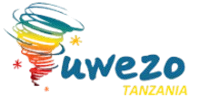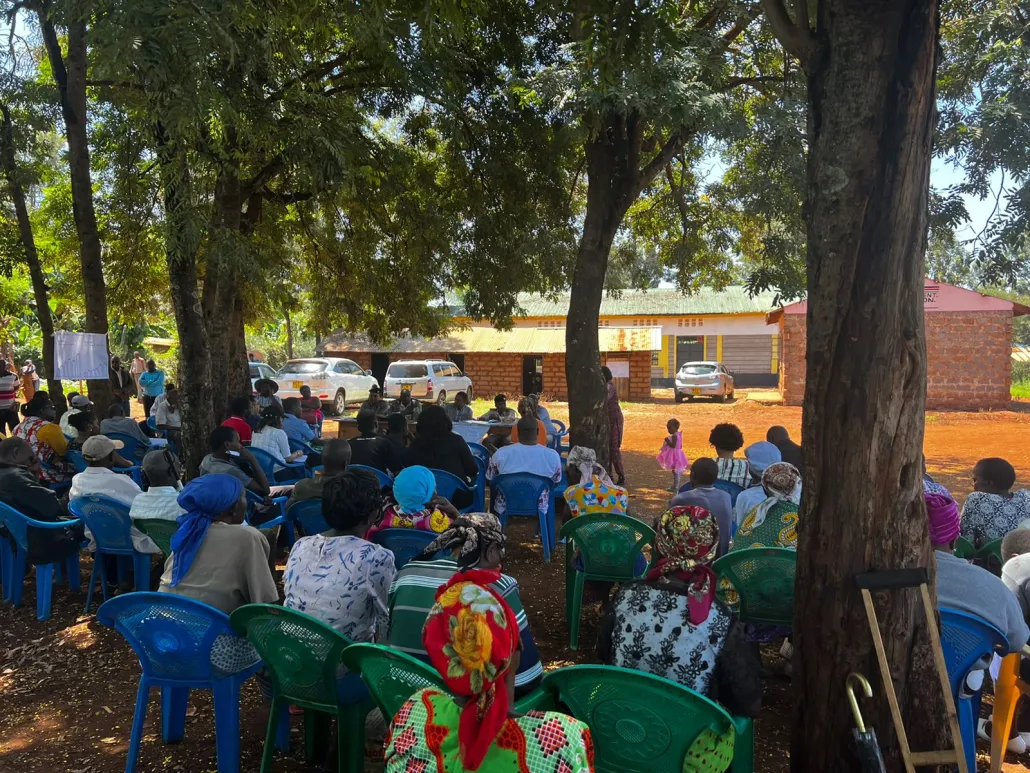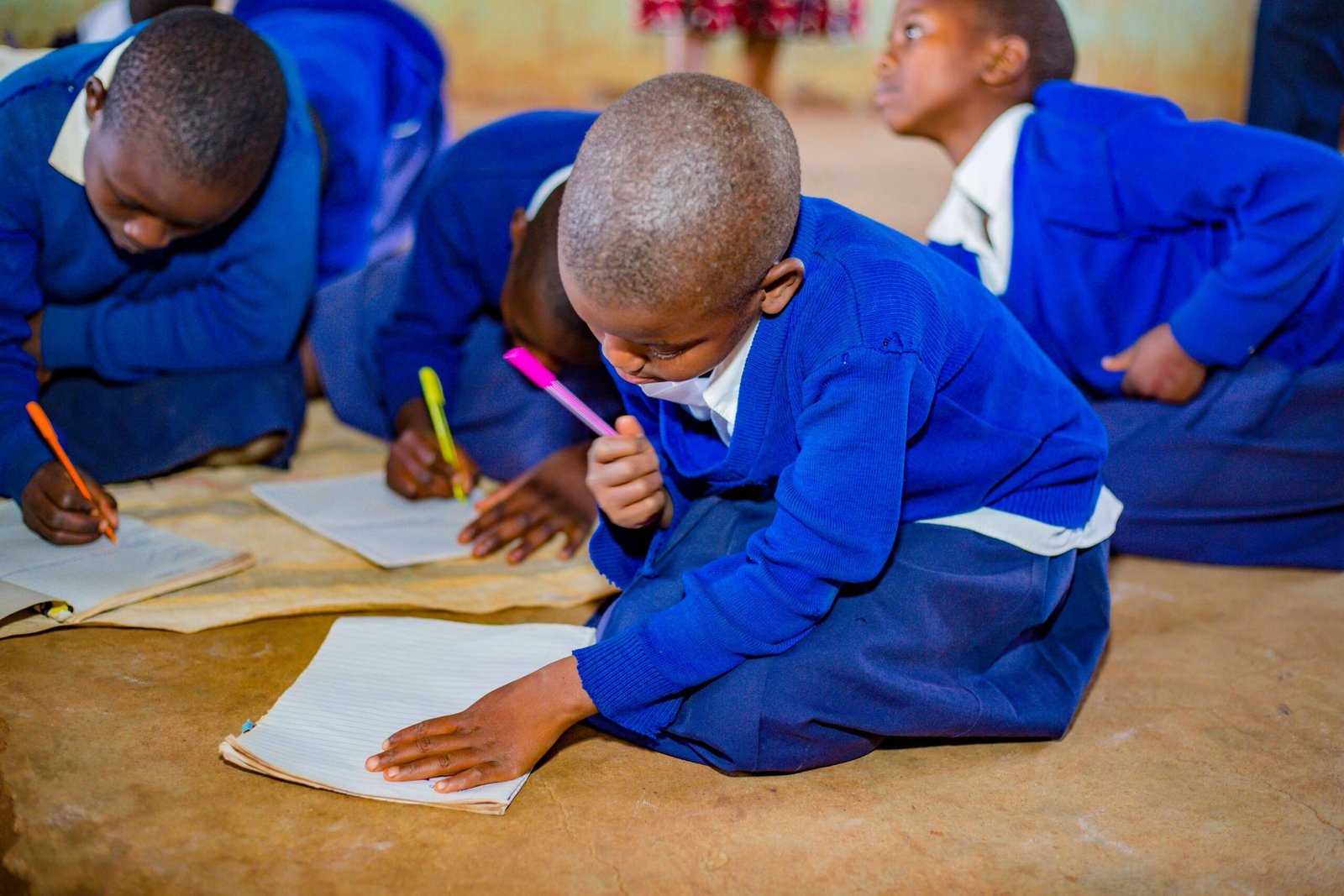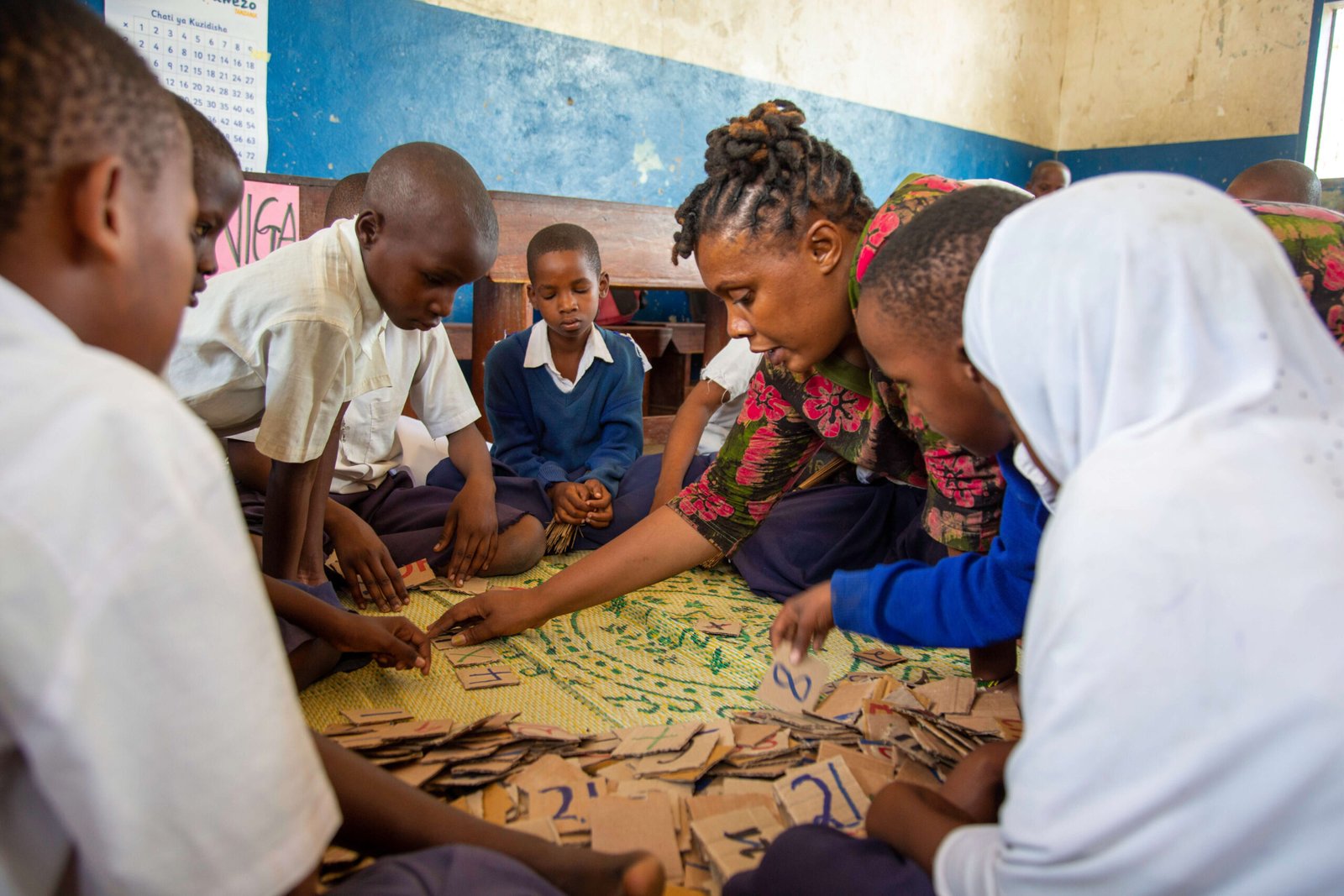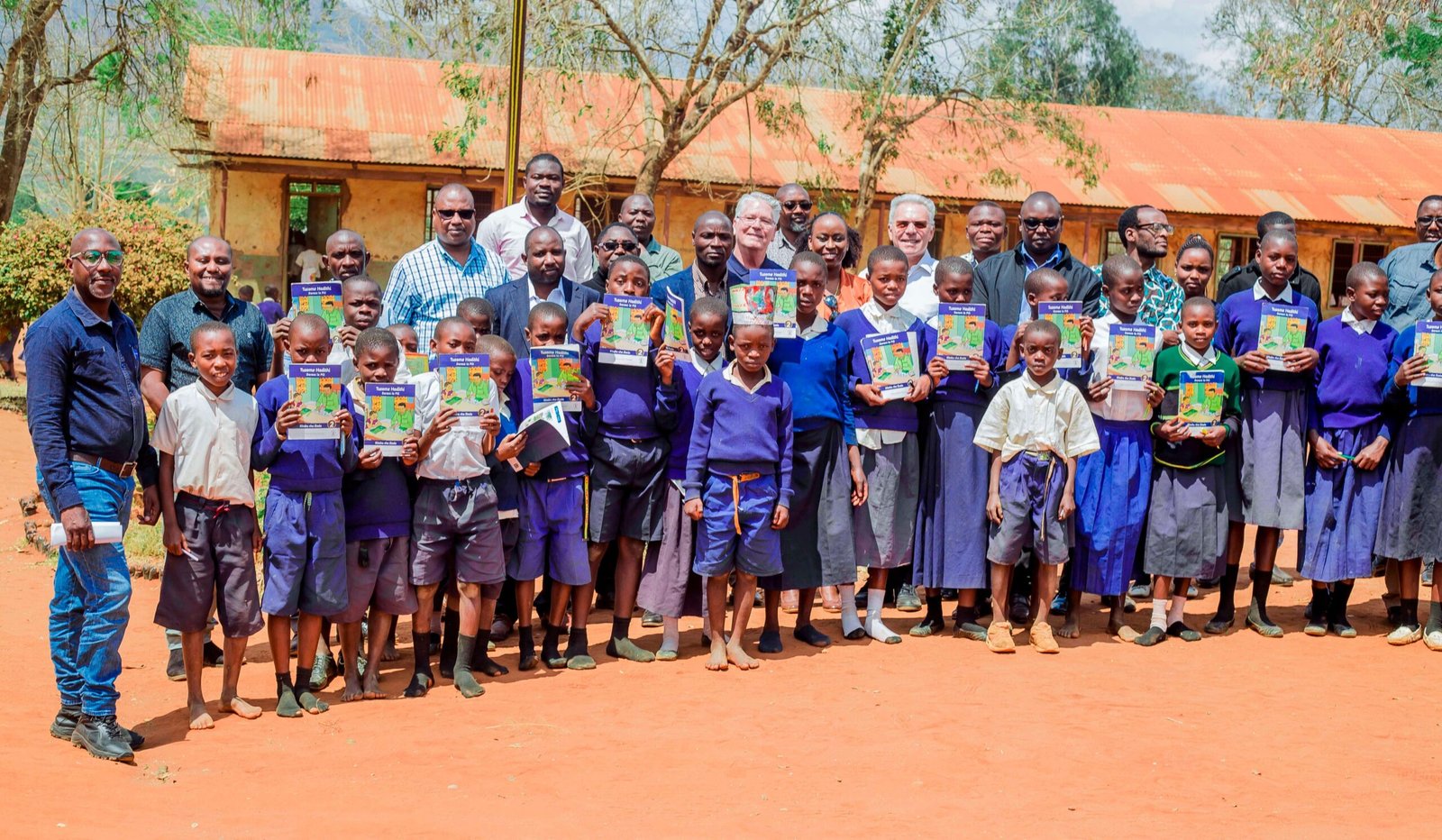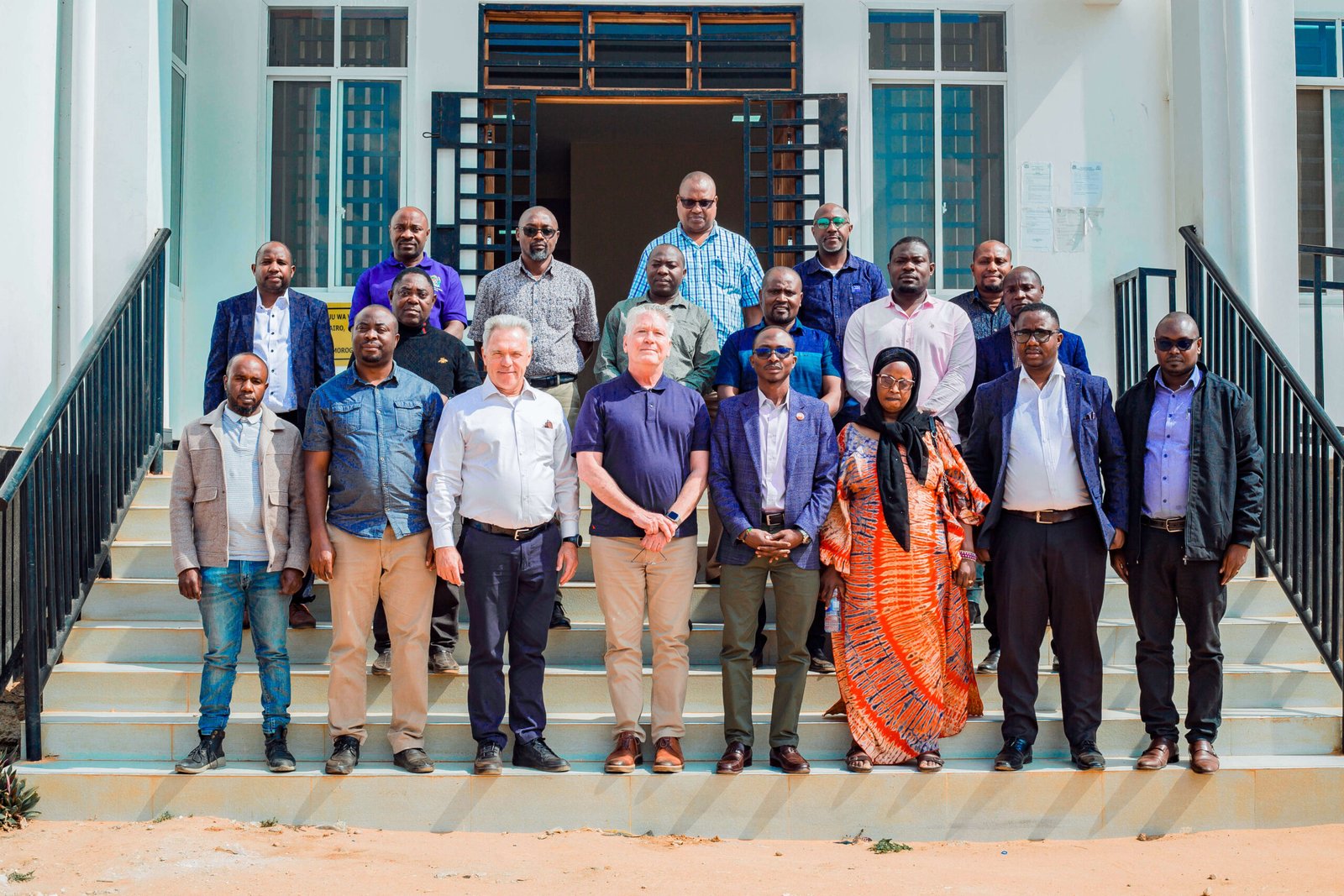By Greyson Mgoi (UwezoTanzania) and Pramila Bisunke (ASER Nepal)
It was around 3:30 pm on the 10th of May 2022 in Nairobi, Kenya, and the weather was partly clear with light rain in some areas, while on average, the daytime temperature was about 23°C. A team of PAL Network members from Kenya, Tanzania and Nepal had arrived to participate in an ideation meeting for the PAL Network’s My Village project. The team set off by bus from the Kenyan capital, Nairobi and headed to Ndindiruku Village in Central Kenya.
After almost 4 hours of travel, we arrived in Mwea town at 6.15 pm. We checked into the hotel in Mwea and continued our journey to Ndindiruku village, in Kirinyaga County, a journey which took about 30 minutes.
We had a sumptuous dinner at the home of one of the PAL Network members in Kenya. It’s at the same house that we also held our 3-day ideation meeting. We extend our heartfelt gratitude to him for his hospitality.
Early the next morning, we set off from Mwea to Ndindiruku, where we aimed to realise the objectives set for the meeting. These were to share experiences from conducting various interventions within participating countries, develop a shared understanding of the My Village project, participate in a community engagement session in one village and agree on key processes, timelines and milestones for the pilot phase of the project.
The day began with introductions, welcome remarks and setting the stage for the event. The PAL Network Executive Director, Armando Ali gave opening remarks by introducing the project and explaining why it is important.
“For many years, assessment results have shown that many children have not mastered basic reading and numeracy skills,” he lamented.
He pointed out that a recent Uwezo report by Usawa Agenda, a Kenyan NGO and member of the PAL Network, found that only 40% of grade 4 learners could read a grade 3 level text. He also highlighted;
“Before the pandemic, 600 million children worldwide were unable to read, with a third of them being in Sub-Saharan Africa.”
He added, “The Accelerated Learning Programmes (ALP) within the PAL Network have been conducted in schools and target children between grades 3-5.”
“My Village aims to have all children of primary school-age in a village being able to read and do basics maths,” Armando concluded.
He then asked all attendees to effectively use the three days to reflect and finally agree on the best models for the implementation of the My village project in terms of modality and process. After that, various members of the PAL Network also had the opportunity to share more about the project.
After the opening speech, the next session was learning from country programmes. Members from all three countries were given the opportunity to share how their programmes are run, what has worked, the challenges and how to do things differently.
ZiziAfrique Foundation, a Kenyan NGO and PAL Network member, was the first to share a brief account of what they do and their achievements. An agile not-for-profit organisation, Zizi Afrique Foundation’s vision is a world where all children and youths learn and thrive.
Zizi implements the Accelerated Learning Programme (ALP) that aims to improve the foundational literacy and numeracy skills of learners who are furthest behind in Bungoma, Turkana and Tana River counties in Kenya. Through this programme, children learn in community and school-based camps. Since 2018, the programme has reached 19,881 learners, many of whom have improved their literacy and numeracy skills.
Other interventions Zizi has implemented include using low-tech initiatives to learn, whereby Zizi Afrique Foundation distributed 900 solar-powered radios in Tana River and sending bulk SMS containing literacy and numeracy learning content to parents to support remote learning. Zizi gave parents a key role in enhancing children’s learning, so their engagement should not be underestimated.
Then the ASER Nepal team told the meeting about ASER programmes in Nepal. They said the Annual Status of Education Report (ASER) Nepal is currently hosted by non-profit organisation, Galli Galli. ASER Nepal started the Citizen-led Assessment (CLA) programme as a pilot in the Parsa district of Nepal.
Since its establishment in 2016, ASER Nepal has been conducting household assessments at the local government, district and provincial levels. ASER Nepal aims to generate CLA data on the status of learning outcomes of children aged 5-16 in Nepal. At the moment, the organisation is focusing mainly on the local government unit level CLAs and CLA capacity building in the local community.
Following the country’s federalism, ASER Nepal working in coordination with the local government unit in Nepal is a very powerful mechanism for generating data, advocacy and resource mobilisation. That is because the decision-making power has devolved to the local government unit, and it can ensure access and authority to guarantee the right to education at community level.
However, to advocate for children’s learning outcomes and promote the quality of learning, the organisation needs to work beyond the assessments. Therefore, a project such as My Village needs to adopt a holistic approach to facilitate the foundational learning of children rather than focusing on assessments only.
Despite all the achievements ASER Nepal contributes to improving children’s learning, the country still faces challenges such as its geographical location, transportation and migration from rural villages to urban areas that hinder some children from obtaining a quality education.
Uwezo Tanzania, a Tanzanian NGO, also spoke about its programmes and achievements. A registered NGO operating in mainland Tanzania, Uwezo Tanzania envisions a society where all children learn and realise their full potential. The organisation believes that all children are capable of learning, regardless of their gender, social class, background, family income or abilities.
Since 2010, Uwezo has been conducting Citizen-led Assessments in collaboration with local NGO partners to generate evidence on literacy and numeracy competency levels among children aged 5-16. The 2010-2019 findings reveal that many children are still not learning effectively.
For instance, the Uwezo assessment report (2019) indicated that almost 40% of children in grade 3 could not read a simple grade 2 Kiswahili story, while 53% of children who completed grade 7 could not read a simple grade 2 English story.
Additionally, Uwezo implements innovative programmes at school and community level to enhance citizen agency and demonstrate what works to improve quality of learning outcomes and influence education policy and practice.
Uwezo has implemented Jifunze or Teaching at the Right Level (TaRL) since 2019 to support children’s learning, with trained teachers setting up learning camps in schools. Sixty teachers and 30 head teachers from 30 schools across six districts received training on Jifunze pedagogies.
Through Jifunze, about 15,000 children were reached, and over 80% improved their foundational literacy and numeracy skills. Uwezo also launched the community engagement programme, Uwezo na Jamii, through which 450 members of the Social Service Committees were capacitated to enhance their ability to mobilise community members to take actions to improve children’s learning outcomes in their areas.
The training of Members of Social Service Committees and village leaders impacted over 12,000 primary school children from 30 primary schools in the sampled villages of Gairo and Handeni.
Day two of the ideation meeting started with a quick review of the previous day . The day focused on group work and a community engagement visit, with the latter being the highlight. During the community engagement exercise, the team visited the Ndindiruku village community.
The team members introduced themselves to the villagers before Zizi Afrique Foundation citizen volunteers presented Ndindiruku village children’s learning outcomes, explaining the learning situation in the village. They revealed that six in 10 grade 4 Ndindiruku children cannot read a grade 2 story, 4 in 10 class 8 cannot do grade 3 division, and 3 in 10 do not attend school. The villagers were curious to know the reason for the low learning levels, and the team clarified the issues behind learning.
After that, the community members were divided into groups to discuss the village’s most challenging issues, including drug abuse, parents not engaging in their children’s learning and the children not taking their education seriously. Following the meeting, some community members volunteered to be education committee members of the My Village project in Ndindiruku village.
On returning to the ideation meeting venue, we also had an opportunity to reflect on what we observed and learned at the village meeting. We also used our experience of the meeting to discuss and agree on how best to implement the My Village project in all three countries to improve children’s learning outcomes regardless of their status. The third day of the meeting was dominated by a discussion on the importance of advocacy, with the exchange of views moderated by the PAL Network’s experienced advocacy consultant. The team agreed that it is crucial to begin advocacy at the start of the project. On this day, we also deliberated on the Monitoring and Evaluation of the project and the budgeting.
The ideation meeting in Ndindiruku Village ended with food for thought for collective action and some elements added to the My Village project.
The principal aim of the project is to improve the Foundational Literacy and Numeracy (FLN) of All children. My Village intends to engage community members on issues relating to children’s education, support children’s learning through accelerated learning approaches, introduce and enhance community libraries, use low-tech methods to support children’s learning needs and introduce life skills sessions for girls, among many other interventions. With this, we are starting another milestone to improve children’s foundational learning. We believe that with the My Village project, no child will be left behind in FLN skills.
Also published at: https://palnetwork.org/from-nairobi-to-ndindiruku-the-journey-to-improving-childrens-fln-skills/
